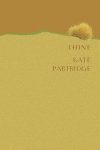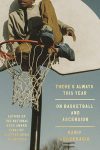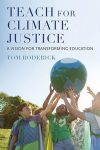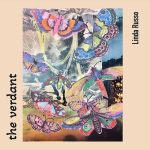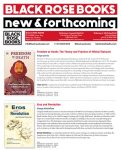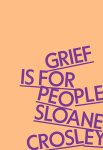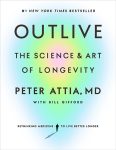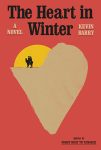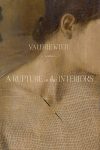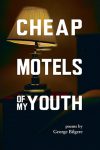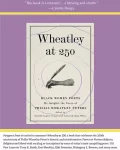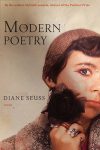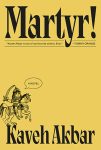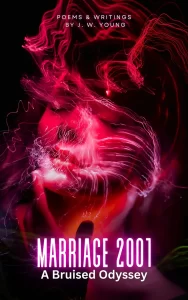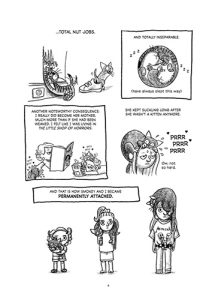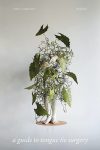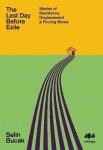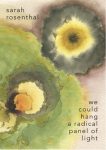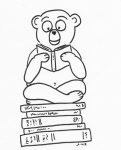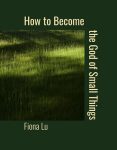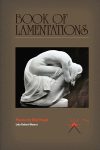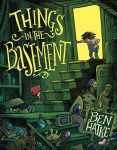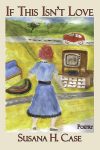
Guest Post by Jami Macarty
“Love is on the line” in Susana H. Case’s If This Isn’t Love. With her characteristic assured and unapologetic voice, Case “organizes / … [the] pens and pages” of her ninth poetry collection around “[u]nrequited love, rapes, / tumors, mental hospitals, and secret / adoptions,” among other open narratives in “romance comics,” “telenovelas,” and her own real-life, “sad increments” having to do with “broken family,” “abusive men,” “my abortion,” and “female cancers.”
In her “spill / of words,” Case cautions: “Forget the fairy gold we’re sold / in the media.” Then asks: “How else will girls learn what it takes” to survive in a world “scheming / against” them? Case brings readers to the “wall between” the “bloodthirsty” and the “beautiful,” and by doing so, she asks us to confront life’s game of “chess” in which “there are only / squares and pieces to lose.”
Who does not “wish” she “were a better player”? But who can maintain “thinking about moves” when “distracted by… / all the ways” to “choose our sides” “between loss of control” and the humiliation that comes from “love’s inevitable losses.” In “reality” there may be “no true protection” from “[w]ar and eros,” but by taking on the ménage à trois between romance, reason, and imagination, Case holds media’s purveying of “human cruelty” and “life’s atrocities” to account.
If This Isn’t Love by Susana H. Case. Broadstone Books, August 2023.
Reviewer bio: Jami Macarty is the author of The Long Now Conditions Permit, winner of the 2023 Test Site Poetry Series Prize, forthcoming fall 2024, and The Minuses (Center for Literary Publishing, 2020), winner of the 2020 New Mexico/Arizona Book Award – Poetry Arizona. Jami’s four chapbooks include The Whole Catastrophe, forthcoming summer 2024 from the Vallum Chapbook Series, and Mind of Spring (Vallum, 2017), winner of the 2017 Vallum Chapbook Award. To learn more about Jami’s writing, editing, and teaching practices visit her author website.

